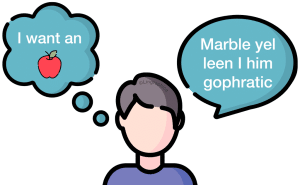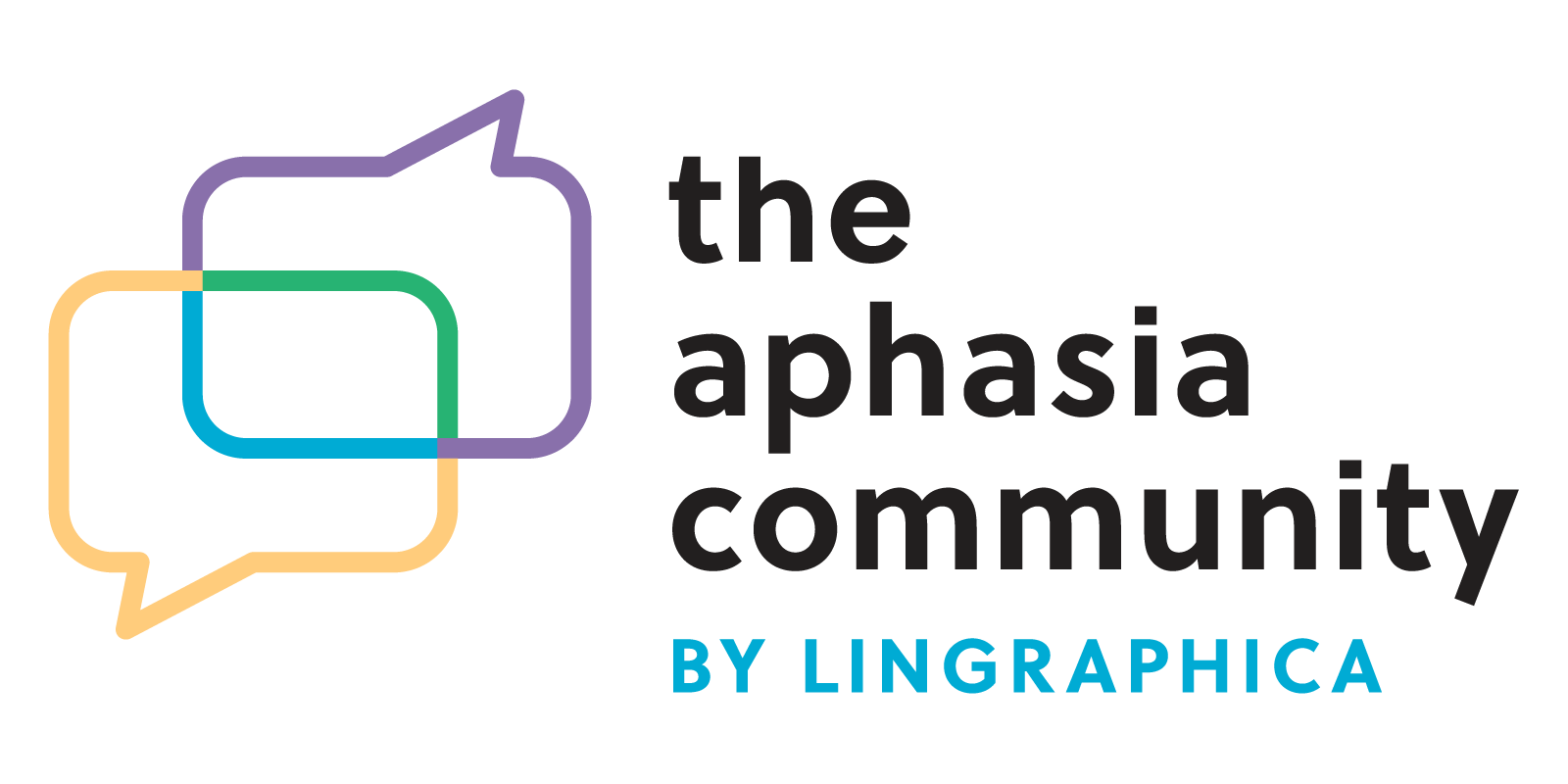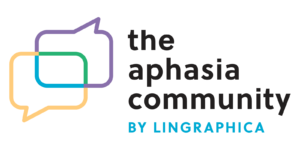Global Aphasia
Global aphasia is the most severe form of aphasia. In global aphasia, all language modalities are affected – speaking, comprehension, reading, and writing.
Global aphasia results from damage to multiple language centers in the brain, including Broca’s area and Wernicke’s area. Global aphasia is likely to occur immediately following a stroke or brain injury. Global aphasia might be reclassified as a different type of aphasia when improvements are made.
Speech therapy can be helpful for people with global aphasia. A speech-language pathologist (SLP) can provide treatment techniques to work on recovery. In addition, the SLP can identify ways to improve communication right away, such as using simple pictures and drawings. Pictures and drawings are easier for a person with global aphasia to understand and identify.
Characteristics of Global Aphasia
- Very few or no spoken words
- If words are spoken, it is likely to be a single word and might contain errors, such as paraphasias (word and sound substitutions)
- Difficulty repeating words
- Understanding spoken language is very difficult
- Likely not able to write
- Ability to read is typically severely impaired
The Most Common Types of Aphasia
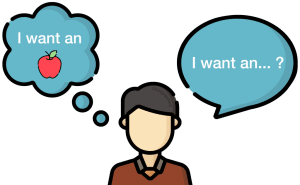
Anomic Aphasia
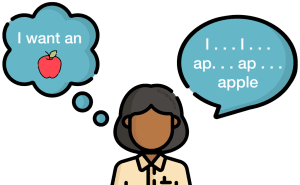
Broca's Expressive Aphasia
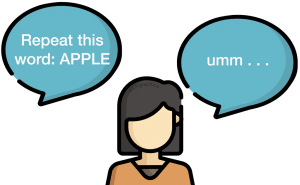
Conduction Aphasia
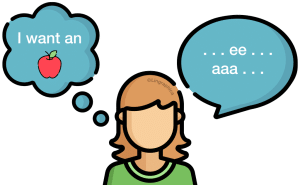
Global Aphasia
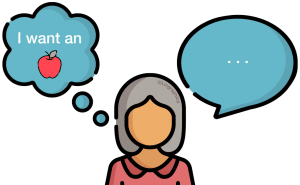
Primary Progressive Aphasia
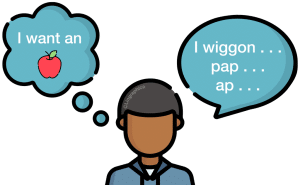
Mixed Transcortical Aphasia
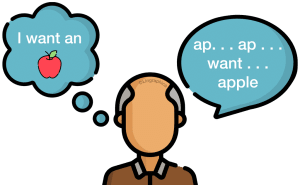
Transcortical Motor Aphasia
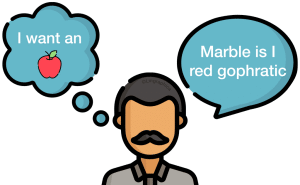
Transcortical Sensory Aphasia
